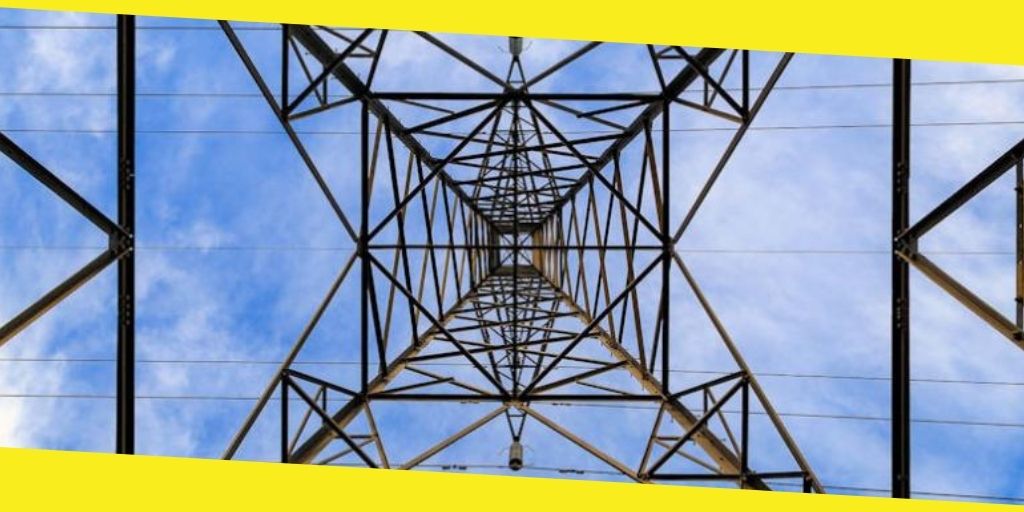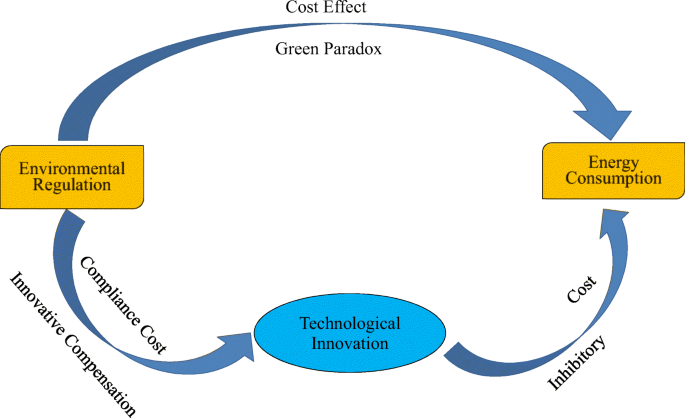Reasons Why Energy Consumption Should Be Regulated

The regulation of energy consumption is to control or administer power usage in every sector of society – whether professional or personal – to protect consumers and the environment.
It is mandatory to manage energy proactively to promote cost and operational efficiency. From the site or device level, it is imperative to derive unparalleled visibility into the energy consumption modules of the country.
Utility meters and relying on real-time intelligence can improve energy performance and drive action to strategize its consumption, promoted by various sources in the market like Ambit Energy.
Benefits Of Regulating Energy Consumption
Energy consumption regulation is beneficial in many ways, like:
- Comprehending the entire energy infrastructure and implement real-time monitoring at every level
- Identifying wastage and inefficiencies, thus lowering your electricity costs by diligently taking action
- Benchmarking consumption of energy and maximizing operational efficiencies
- Using sophisticated alerts and predictive analytics
- Reducing chances of equipment failure and downtime
- Installing and integrating 3rd party utility meters to monitor energy consumption in various forms like gas, heat, water, and airflow
- Earning additional income through referral fees, preferential pricing, and cross-sell opportunities
Reasons Why Energy Consumption Should Be Regulated
Energy consumption at various levels and different sectors is mandatory because of the following reasons:

Prevent Monopoly And Keep Prices Down
Energy regulation reforms enhance transparency, promoting a balance in competition to ensure economic efficiency and a better standard of living.
A monopoly of energy can play with the rate of inflation and is troublesome for the general consumer. Regulation of energy consumption avoids that.
Reduce Power Costs For Consumers
A consistent regulation, auditing, and control of energy measures can mitigate the cost and unusual rise in prices. Reducing energy costs means greater affordability and ensures a universal power supply.
Provide Incentives To Companies
Incentive and subsidized regulation encourage the reduction of network costs and help companies serve the needs of consumers.
These incentives are financial rewards and minimized rates of energy provided to the consumer who implements energy efficiency and indulges in minimal wastage of energy.
Promote Economic Efficiency
Rules and regulations help in elevated enforcement against market abuse and are designed to deter it in gas and electricity markets.
Supervising energy consumption also requires disclosure of price-sensitive information regarding storage, transmission, and energy generation.
Enable Consumer Protection
The regulatory authorities permit independent power producers to compete with utilities in supplying electricity, thereby enabling consumer protection.
Regulation ensures the introduction of pressure on competition, significant structural challenges, and efficiency gains for the industry. Thus, families and businesses get their money’s worth of electricity.
Encourage Environmental Protection
Energy regulation is necessary to void high energy bills and pollution rates in the environment. Incessant control of energy results in installing renewable energy and combined heat and power to save money.
This action greatly controls energy use, and reducing harmful emissions such as CO2, SO2, NO2, etc., and eventually lowers the environmental impact of power.
Stimulate Social Justice
The dominant energy system and its vigilant regulation have encouraged the oppressed public by redistributing capital, thereby acting as a breakthrough in the political, economic, and social forces.
Regulating energy can facilitate social self-determination, eliminating the threat to the health and quality of their life.
It maintains a balance between the demand and supply by overriding electrical outages and maintaining a regular distribution to all, irrespective of need, financial status, and social bearing.
What Can Be Regulated
Electricity system structures and segments which need to be regulated comprise:
- The level of competition
- The degree of vertical or horizontal integration
- Public or private ownership
- Household tertiary industry
- The degree to which the system is established
There are four main functions at the private or public level of the electricity supply industry which need regulation:
Generation
These comprise individual commercial generators and power plants responsible for generating energy in various sectors.
Transmission
Companies responsible for transmission are primarily responsible for controlling, managing, and operating the bulk electric transmission grid in a particular region.
Distribution
This involves the distribution of the right variability of energy in the appropriate sectors.
Supply And Consumption
This segment is mainly about:
- Self-generating the power needed to satisfy demand
- Purchasing it from other entities under bilateral agreements
- Obtaining it in an organized wholesale auction market operated by ISOs or RTOs
- Load shedding, or the partial deliberate shutdown of power to prevent failure of the system when the demand exceeds the available capacity
Introduction To Energy Regulation
The regulating authorities to supervise the energy consumption are:
1. Federal Energy Regulatory Commission (FERC)
The FERC is an autonomous agency that supervises the pricing, terms, and conditions of wholesale electricity sale, power transmission in interstate commerce, and mandatory reliability standards.
It investigates electricity markets and reviews various activities performed by electrical companies like corporate transactions, mergers, and acquisitions.
The FERC can also order refunds in connection with federal agencies if the rates exceed just and reasonable levels.
2. State Public Utility Commissions
These government bodies monitor and control the rules and regulations related to the sale of electricity by LSEs to the final consumers.
This commission also regulates the siting and physical construction of generation, transmission, and distribution facilities.
3. Nuclear Regulatory Commission (NRC)
The NRC does not regulate sales of electricity generated by nuclear reactors.
The independent federal agency has jurisdiction over radioactive materials for medical, industrial, and academic use and their transportation, storage, and disposal, as well as the decommissioning of nuclear facilities.
The NRC also supervises commercial power reactors, research and test reactors, and new reactor designs.
4. North American Electric Reliability Corporation (NERC)
The NERC is a non-profitable international regulatory that is overseen by FERC and the Canadian Government. Their aim is to develop, implement, and evaluate reliability standards
They also monitor and control the bulk power system through system awareness and strive to educate, train, and certify industry personnel.
5. Department of Energy (DOE)
Although it does not regulate the sale or transmission of electric energy, the DOE is responsible for implementing policies regarding other energy sources, fossil fuels, and nuclear power.
6. Environmental Protection Agency (EPA)
The EPA regulates power plants and their greenhouse gas emissions. Since there’s an interest in ensuring the feasibility of coal, the EPA will also regulate coal-fired power plants.
7. Commodity Futures Trading Commission (CFTC)
The CTFC regulates derivatives markets for potential abuses and certain commodity trades like trade options and electricity hedges. The CFTC does not have control over physical sales of electricity.
Conclusion
Looking at the above points, we can infer that regulating energy consumption is essential. It enables an unprejudiced utility of the non-renewable resource, eventually keeping the environment pollution-free.
Companies like Nordic Energy Services offer tools to proficiently monitor, control, and manage the full efficiency of the available sources of energy.
By effectively managing energy consumption, both commercial and residential sectors can reduce power wastage, improve operational efficiency, and prevent expensive downtime.
Most Inside
Most Inside offers high-quality recommendations and valuable updates to enhance all aspects of your life, providing premium guidance and enriching experiences.




